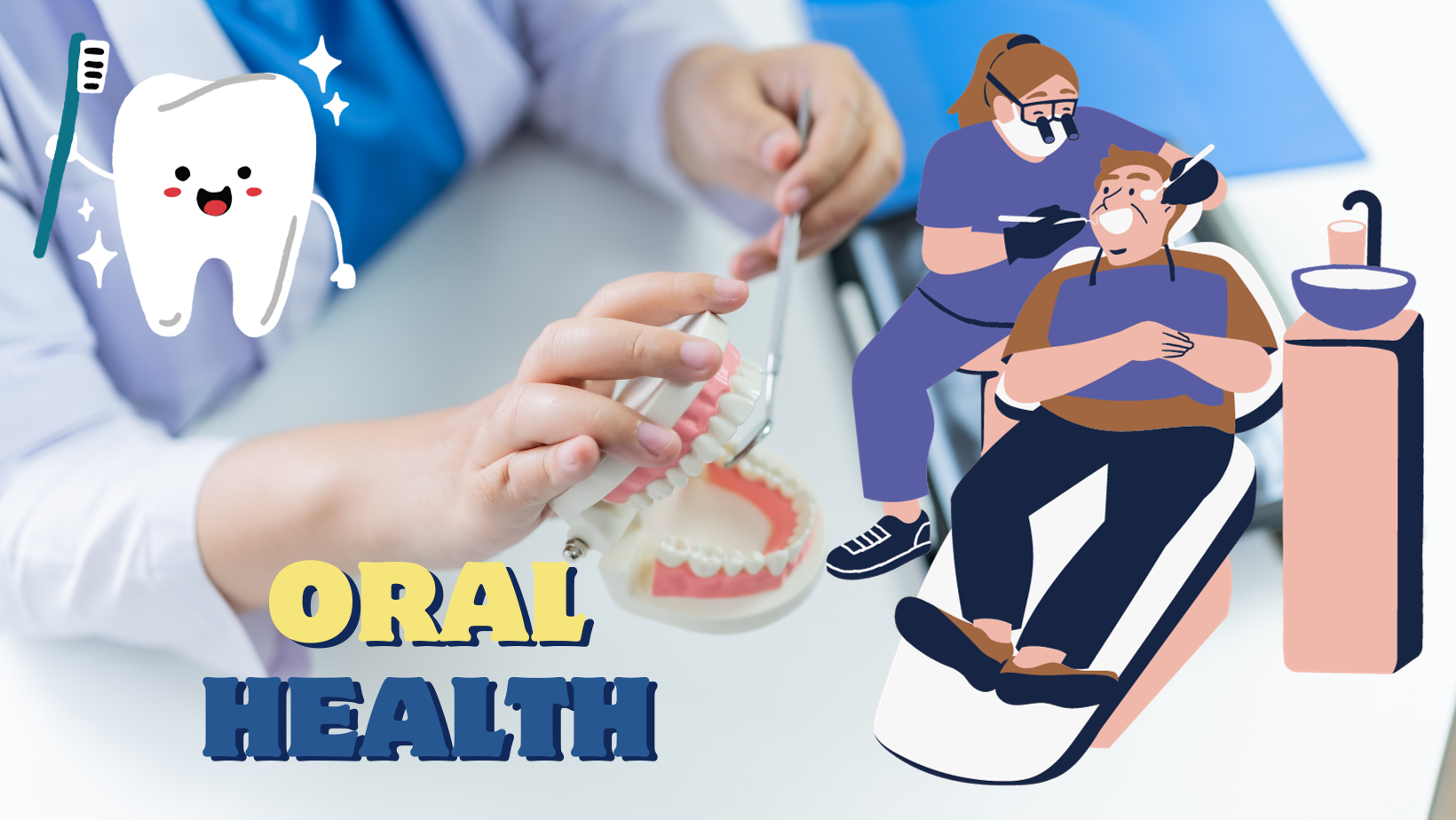
A Quick Guide to the Pros and Cons of Dental Implants

Introduction:
Losing a tooth can be a devastating experience, affecting your smile, oral health, and self-confidence. Singapore Dental Clinic, Dental implants offer a revolutionary solution to this problem, providing a permanent and natural-looking alternative to missing teeth.
What are Dental Implants?
Dental implants are artificial roots made of titanium that are surgically placed in the jawbone. Once the implants have fused with the bone, a crown or other dental prosthesis is attached, restoring the function and appearance of the missing tooth.
Why are Dental Implants Needed?
Tooth loss can occur due to a variety of factors, including decay, gum disease, injury, and trauma. When a tooth is lost, the jawbone beneath it begins to atrophy, leading to bone loss and changes in facial structure. Dental implants prevent bone loss and preserve the integrity of your facial features.
Benefits of Dental Implants:
Superior Function and Aesthetics: Dental implants closely resemble the natural structure of a tooth, providing optimal function and aesthetics. They allow you to chew, speak, and smile with confidence.
Durability and Longevity: Dental implants are the most durable tooth replacement option available, with a lifespan of up to 25 years or more.
Enhanced Oral Health: Dental implants help to maintain your natural bite and prevent adjacent teeth from shifting. They also eliminate the need to grind down healthy teeth to support bridges or dentures.
Convenience and Comfort: Dental implants are firmly anchored in the jawbone, so they do not require adhesives or special cleaning routines. You can brush and floss them just like your natural teeth.
Improved Self-Confidence: Dental implants can restore your smile and self-confidence, allowing you to live your life to the fullest.
Possible Downsides of Dental Implants:
Complex Procedure: Dental implant surgery is a multi-step process that can be complex and time-consuming. It is important to choose a skilled and experienced dentist to perform the procedure.
Surgical Risks and Complications: As with any surgical procedure, there are inherent risks associated with dental implant surgery. These risks include infection, bleeding, nerve damage, and sinus problems.
Bone Loss and Gum Recession: In rare cases, bone loss and gum recession can occur around dental implants. This can affect the aesthetics of your smile and the stability of the implants over time.
Higher Costs: Dental implants are the most expensive tooth replacement option available. However, their durability and long-term benefits make them a cost-effective investment in your oral health.
Different Types of Dental Implants:
Single Tooth Implant: This type of implant is used to replace a single missing tooth. It consists of an implant fixture, an abutment, and a crown.
Implant-Supported Bridge: This type of implant is used to replace multiple missing teeth in a row. It consists of two or more implant fixtures and a bridge prosthesis.
All-on-4 Implants: This type of implant is used to replace all of the teeth in the upper or lower jaw. It consists of four implant fixtures and a full arch prosthesis.
Dental Implant Alternatives
If you are not eligible for dental implants or are unable to afford them, there are a number of alternative tooth replacement options available. These options include:
Dentures: Dentures are removable prosthetic teeth that are placed over the gums. They are the most affordable tooth replacement option, but they can be uncomfortable and require regular maintenance.
Bridges: Bridges are fixed prosthetic teeth that are anchored to the adjacent teeth. They are more comfortable than dentures, but they require the preparation of the adjacent teeth, which can weaken them.
Partial Dentures: Partial dentures are removable prosthetic teeth that are used to replace multiple missing teeth in a row. They are more affordable than bridges, but they can be less comfortable and require regular maintenance.
Which Tooth Replacement Option is Right for You?
The best tooth replacement option for you will depend on your individual needs and circumstances. Consider the following factors when making your decision:
Cost: Dental implants are the most expensive tooth replacement option, but they are also the most durable and long-lasting. Dentures are the most affordable option, but they may require replacement more often. Bridges are a good middle-ground option in terms of cost.
Comfort: Dental implants are the most comfortable tooth replacement option, as they are fixed in place and do not require adhesives. Dentures can be uncomfortable, especially if they do not fit properly. Bridges are more comfortable than dentures, but they can still cause some discomfort.
Appearance: Dental implants offer the most natural-looking tooth replacement option. Dentures and bridges can also look natural, but they may not be as aesthetically pleasing as dental implants.
Maintenance: Dental implants require the least amount of maintenance. You simply brush and floss them like your natural teeth. Dentures and bridges require more maintenance, as they need to be cleaned regularly and dentures need to be removed at night.
Conclusion
Dental implants are a revolutionary tooth replacement option that offers a wide range of benefits. However, they may not be the right choice for everyone. If you are considering dental implants, consult with a qualified dentist to discuss your individual needs and circumstances. They can help you determine if dental implants are the right choice for you and recommend other tooth replacement options if necessary.
Appreciate the creator